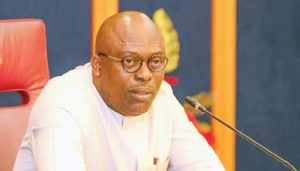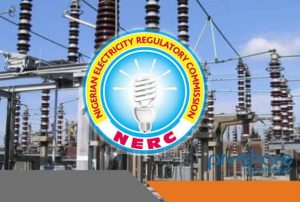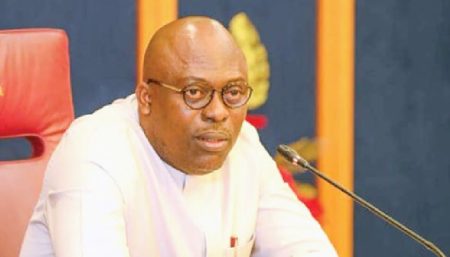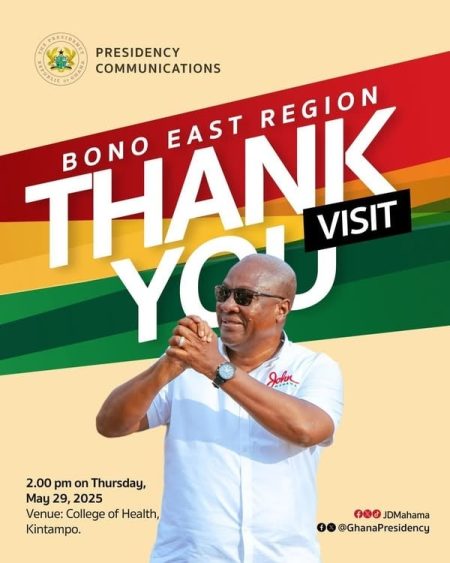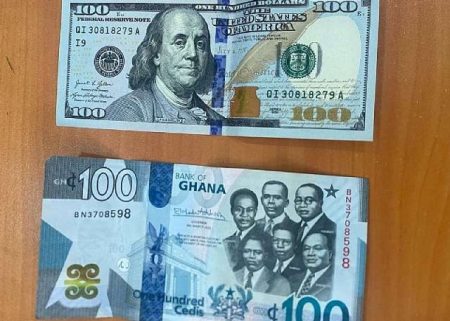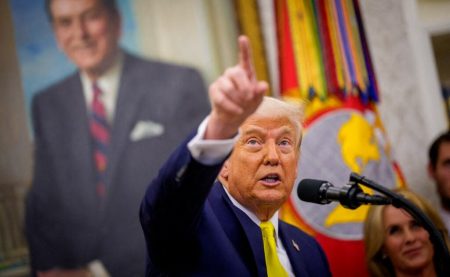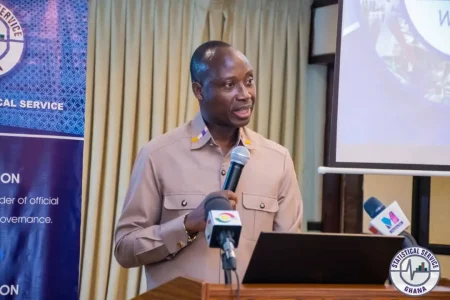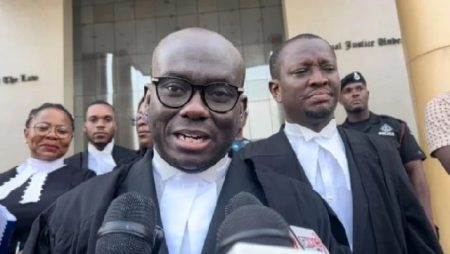The arrest of Bernard Antwi Boasiako, better known as Chairman Wontumi, the Ashanti Regional Chairman of the ruling New Patriotic Party (NPP), by the Economic and Organised Crime Office (EOCO) in Accra on Tuesday, ignited a firestorm of political controversy and heightened tensions in Ghana. The incident, which unfolded rapidly and under ambiguous circumstances, began with what appeared to be a routine invitation from the Criminal Investigations Department (CID) for Wontumi to assist in an unspecified investigation. However, the situation took a dramatic turn when EOCO officials intervened, detaining Wontumi, sparking outrage and immediate mobilization among NPP supporters.
News of Wontumi’s detention spread like wildfire, galvanizing NPP loyalists and regional leaders who swiftly descended upon EOCO headquarters in Accra. The growing crowd, demanding answers and access to their chairman, transformed the typically serene environment into a cauldron of political unrest. The escalating tension necessitated the deployment of military personnel to bolster security and prevent the situation from degenerating into chaos. EOCO’s silence throughout the ordeal, refusing to offer any official explanation for Wontumi’s arrest, only served to amplify suspicions and fuel rampant speculation among political analysts and party faithful.
The lack of transparency surrounding the detention added another layer of complexity to the already tense political climate in Ghana, particularly as the nation approaches the critical 2024 elections. NPP members openly voiced concerns that the arrest could be part of a calculated strategy to intimidate prominent party figures. This perception of politically motivated persecution further fueled the outrage and solidified the narrative of a power struggle playing out under the guise of law enforcement. The incident underscored the delicate balance between upholding the rule of law and ensuring that such actions are not perceived as instruments of political maneuvering.
Adding fuel to the fire was EOCO’s refusal to grant access to Wontumi, which was interpreted by the NPP as a blatant disregard for due process and a deliberate attempt to stifle dissent. This perceived denial of access further inflamed the situation, reinforcing the belief that the arrest was politically motivated. The NPP’s insistence on transparency and accountability from EOCO reflects a broader concern about the potential misuse of state institutions to target political opponents, a concern that resonates deeply within the Ghanaian political landscape.
Henry Nana Boakye, the NPP National Organiser, publicly condemned the arrest, characterizing it as “genuinely regrettable” and raising serious concerns about the lack of a valid reason for detaining Wontumi. He categorically rejected the notion of accepting any form of political intimidation masked as law enforcement, signaling the party’s unwavering stance against what they perceived as an attack on their ranks. Boakye’s strong words echoed the sentiment of many within the NPP, who viewed the incident as a direct challenge to their party and an attempt to undermine their position ahead of the upcoming elections.
The Wontumi arrest serves as a microcosm of the broader political tensions brewing in Ghana as the 2024 elections draw closer. The incident highlights the deep-seated mistrust between opposing political factions and the potential for even seemingly routine legal proceedings to be interpreted through a highly partisan lens. The NPP’s swift and forceful response, coupled with EOCO’s reticence, underscores the precarious political landscape and the potential for such incidents to escalate rapidly and destabilize the nation. The episode serves as a stark reminder of the importance of transparency and due process in upholding the rule of law, especially in a politically charged environment. The fallout from this incident is likely to reverberate through Ghana’s political scene, impacting the dynamics of the upcoming elections and potentially shaping the future political landscape.


